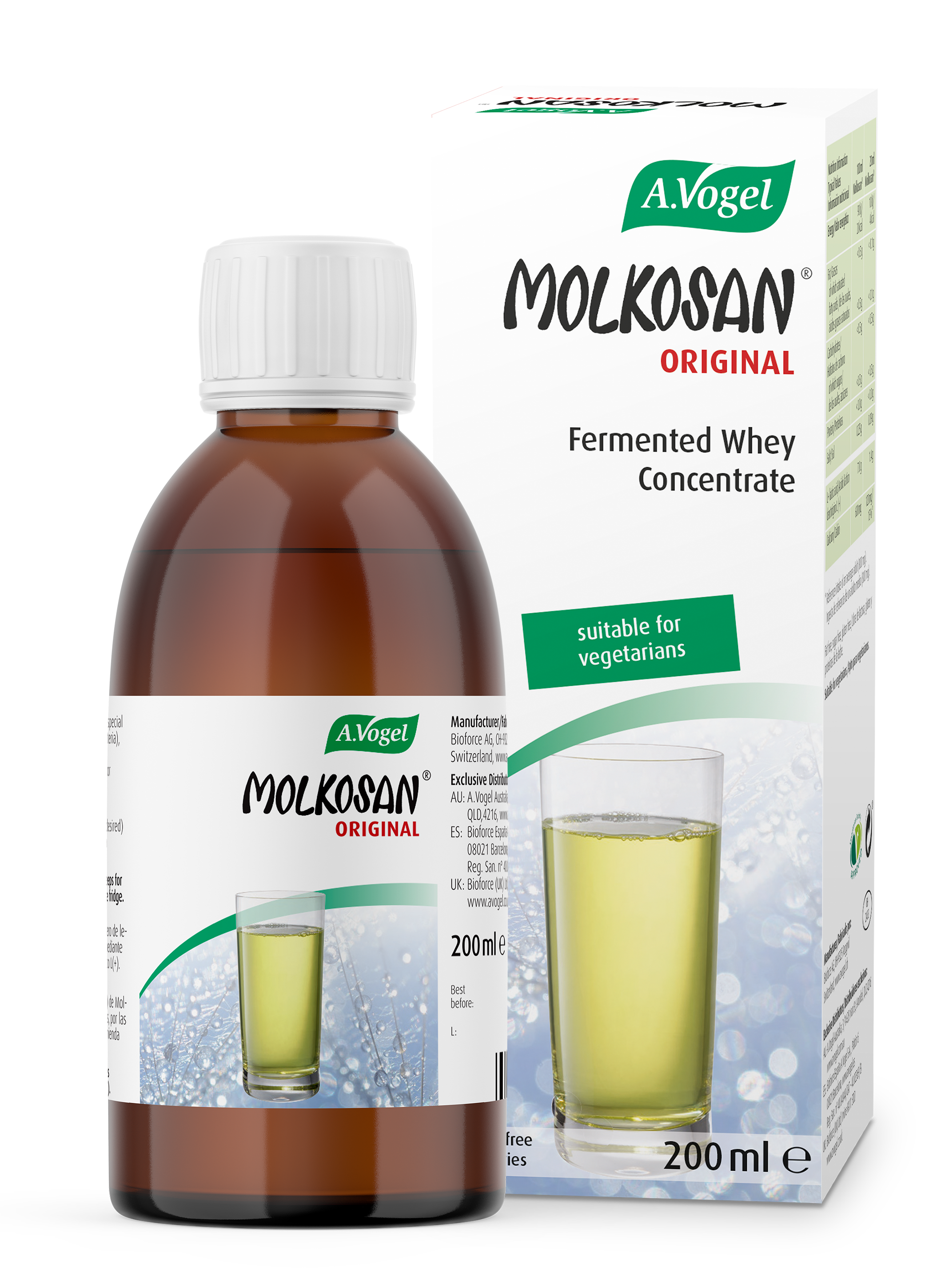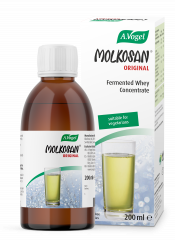1 - Bananas
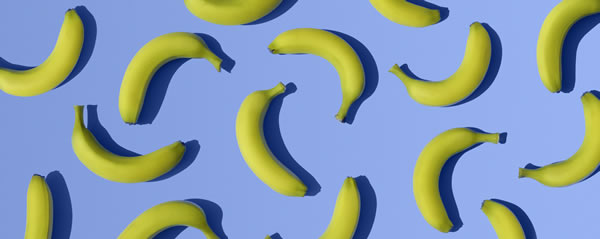
Although bananas can be classed as a healthy addition to any diet, is it possible that they could be making you more constipated? The juries out on this one, but there is some reason to believe that stocking up on too many unripe bananas could potentially block you up a little, as a result of the higher content of tannins and resistant starch they contain. This is of course may be made even worse if you also employ some other unhelpful habits such as drinking too little water or including too many other foods from my list below!
Simple swap: Ensure your bananas are ripe before tucking in and if you feel you’re particularly sensitive, why not try adding more variety to your fruit basket. Fruits such as pears or kiwis are rich in soluble fibre which may help to nudge things along in the right direction.
2 – Coffee
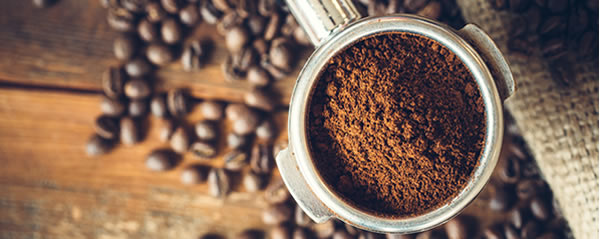
Although, not known so much as a food, many of us still rely on coffee to fuel us through the day! Coffee is high in caffeine which can cause havoc with even the most robust of digestive systems, but this may ingredient may especially cause you problems if there’s an underlying condition at play such as IBS. 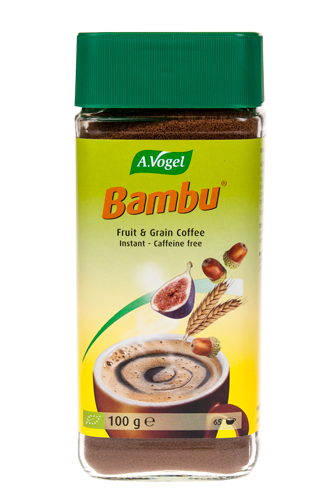
Caffeine can irritate the lining of the digestive tract, so in some cases, it can contribute to more frequent bowel movements. On the other side of the story, if you’re stocking up on caffeinated drinks but not keeping up with your intake of water on top of this, you could end up quite dehydrated which could make things worse.
Simple swap: If you enjoy a warm brew, Bambu can be a suitable alternative to your daily coffee. Rich in extracts from chicory and wheat, the taste is there, just without the high caffeine content. Don’t forget to top up on your water in between cuppas and aim to drink at least 1.5l of plain, still water daily.
3 – Bread
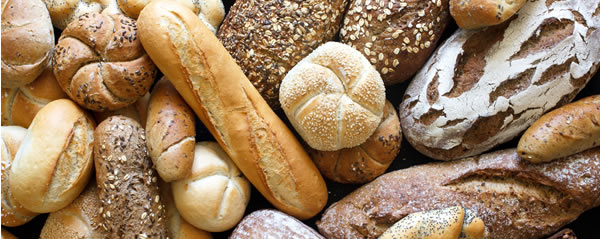
Bread is a staple in many of our diets nowadays, but could it be causing you to feel more blocked up or bloated? Quite possible, especially depending on the type you opt for! Bread is generally made from wheat (which may be troublesome in itself if you are intolerant), but also, depending on the processing involved there may actually be next to little fibre left in the end product; after all, bread really is a processed food.
Some varieties may have some fibre added back in or certain whole-grain or whole-seed varieties may be better options as some of the fibre-rich endosperms of some of the seeds are left intact. But generally, especially when it comes to the white varieties, bread is often low in fibre and a poor choice if you’re hoping for brisker bowels.
Simple swap: If you like your seeded varieties of bread, why not cut out the middleman and just include more seeds in your diet instead? Pumpkin, sesame seeds or pine nuts (who knew they were actually a seed) are personal favourites of mine; they contain a good content of carbohydrate but together with a higher protein and healthy fat content than bread – bonus! Either have them as they are or why not give them a blast in the oven with a pinch of spice for some added flavour and crunch!
4 - Rice
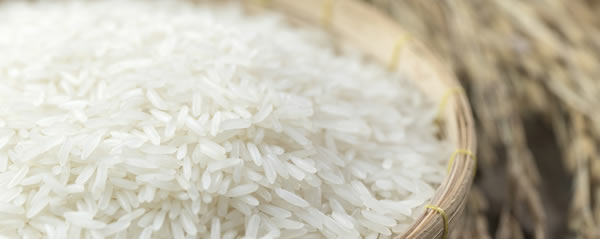
Much like bread, rice can be quite processed depending on the variety you go for. White varieties have been milled more ruthlessly and have been stripped of many of the beneficial elements including fibre, which helps to keep your bowel moving.
Rice is often recommended for people who are suffering from diarrhoea or have recently had a tummy bug too, so this doesn’t bode well! It’s generally quite stodgy, sticky and can gum you up if you eat too much of it – especially when not alongside, or in the correct proportions with other fresh foods.
Simple swap: Compared to white rice, brown or wild rice is a better choice. It still has many layers of the ‘wholegrain’ intact, which helps to boost its vital fibre content, not to mention nutritive value.
5 – Milk
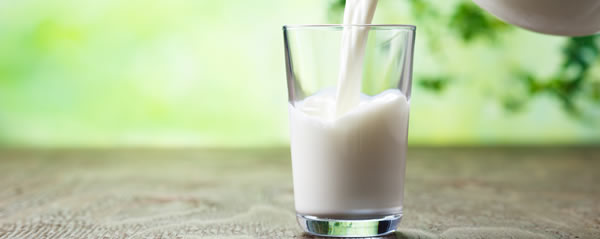
Especially in children, there’s reason to believe that milk may contribute to constipation1. Perhaps it’s just more apparent as kids tend to drink more of it, but the reality is that milk and dairy products could potentially be a contributing factor.
Firstly, for many people (even from a young age), they find that they are sensitive or intolerant to dairy, and this can easily contribute to digestive symptoms such as constipation or diarrhoea. Dairy products are also fairly high in saturated fats, which may slow gastric emptying and potentially contribute to a slower transit time.
Simple swap: If you suspect dairy products are gumming you up, why not try swapping to some dairy-free alternatives instead? Coconut or almond milk are some top picks; they make tasty alternatives which often go well with both sweet and savoury dishes!
6 – Meat
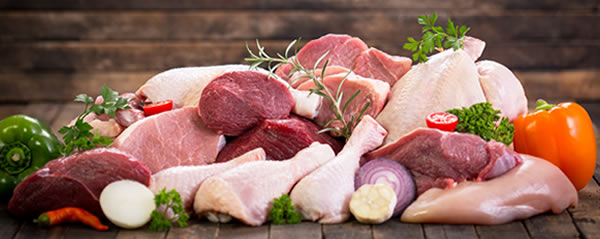
If your irregular toilet habits are getting you down, perhaps it’s time to assess how much meat you’re consuming. Meat is more taxing on the digestive system and takes a lot more effort to break down. As a result, it can delay gastric emptying - ever felt that food is lying in your tummy for longer after a meat feast? And, in addition to this, we have the problem that processed meat options are more readily available. Meat-heavy fast food options are often laden with excess fat, and unsurprisingly very little fibre (the ‘fresh’ elements are often few and far between), all of which can contribute to a more congested gut.
Simple swap: We don’t always need to rely on meat as a source of protein, try to opt for more plant-based sources such as mung beans. These are super versatile, go well with a variety of flavours and are rich in all important fibre so you don’t risk clogging yourself up so much!
7 – Chocolate
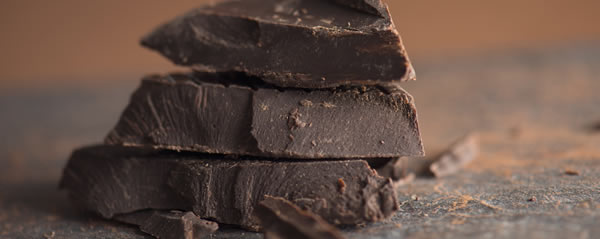
Although it’s not quite clear why there is some reason to believe that chocolate could also be contributing to constipation2. My guess is the dairy, high saturated fat, sugar and low fibre content isn’t a good combination! When it comes to sugar, we know it can gum up our blood vessels when it comes to diabetes, our mucous membranes when it comes to colds and flu – so what about our digestive tract? It may well be having the same effect; we know it feeds the bad bacteria that live there and the outcome of this is never going to be favourable!
Simple swap: We all fancy a sweet treat now and again, but it might just surprise you what tasty treats you can rustle up with more natural ingredients. Why not prove you’re a dab hand in the kitchen and try out these Cinnamon and Chia Seed Energy Balls. Combining fibre rich-dates, nuts and seeds they’re a guilt-free pleasure!
8 – Wine

Although you may assume your glass of wine won’t be hindering your toilet success, it could be! Initially, alcohol, much like caffeine can irritate the lining of our digestive tract (which can contribute to more frequent toilet trips), but drinking a larger amount, or more often could block us up. Alcohol is a known diuretic and can make us pretty dehydrated depending on how much we drink. Dehydration is often one of the main contributing factors when it comes to constipation.
Another consideration when it comes to alcohol is the effect it can have on your liver. A sluggish gut is often related to a sluggish liver and drinking too much is a common risk factor! Aim to assess the health of your liver by reading my blog on this topic; determine what you’re doing right and where there’s some room for improvement!
Simple swap: Take the load off your liver and support your digestive system with some tangy Molkosan. Rich in L+ lactic acid, dilute this in a tall glass of water and drink daily to help support your digestive tract.
A.Vogel Molkosan Original | Contains Concentrated Whey | L+ Lactic Acid | Suitable for Vegetarians
£7.99 (200ml) In Stock Get it tomorrow, 3rd July.
1. Daher S, Tahan S, and Sole D et al. Cow’s milk protein intolerance and chronic constipation in children. Pediatr Allergy Immunol, 2001, 12(6); 339-342
2. Muiller-Lissner SA, Kaatz V and Brandt W et al. The perceived effect of various foods and beverages on stool consistency.Eur J Gastroenterol Hepatol, 2005, 17(1): 109-12





